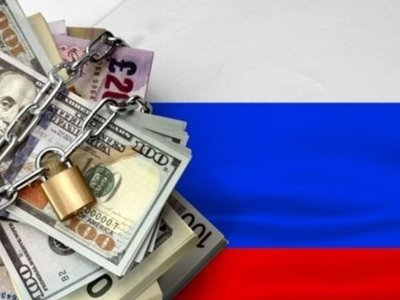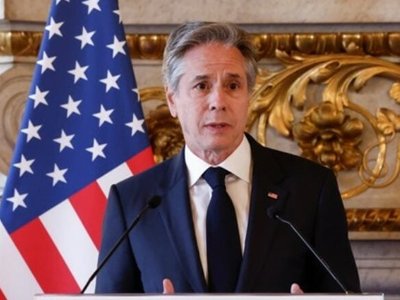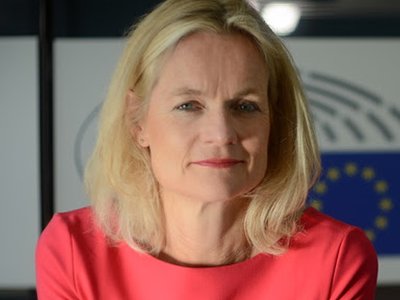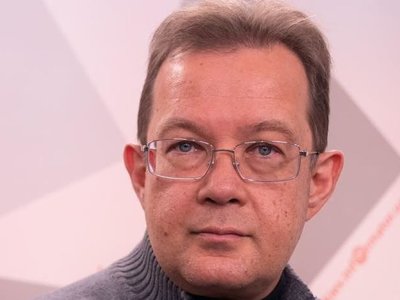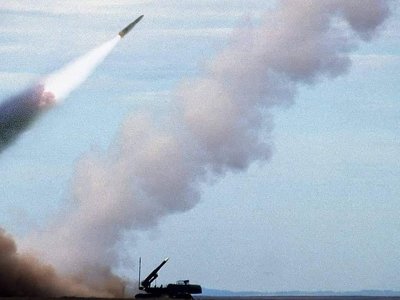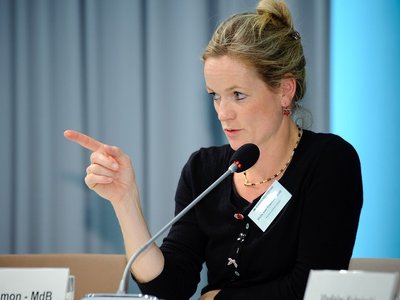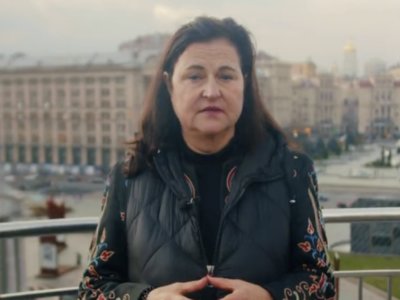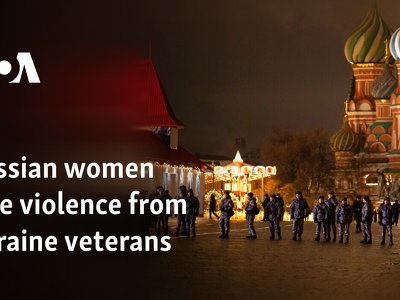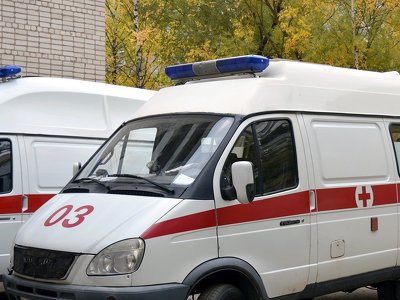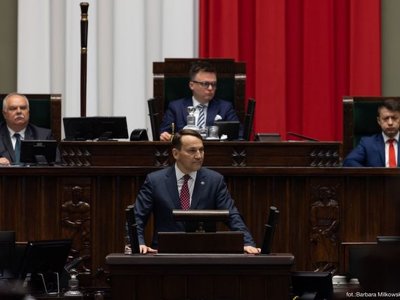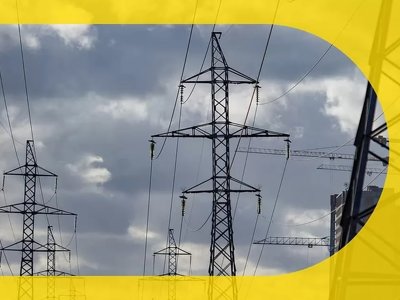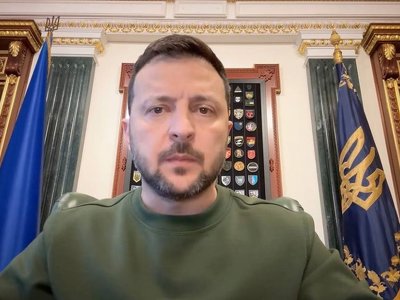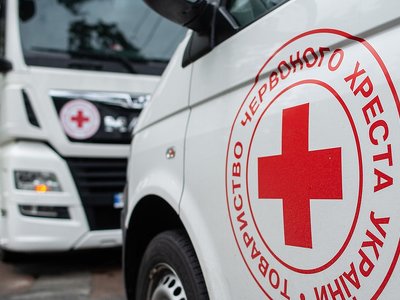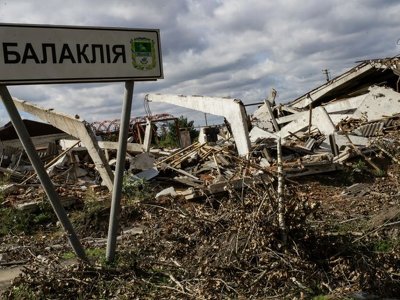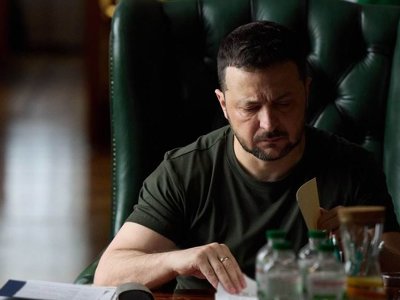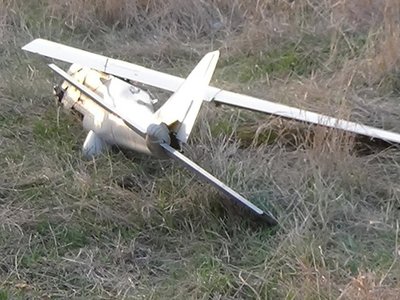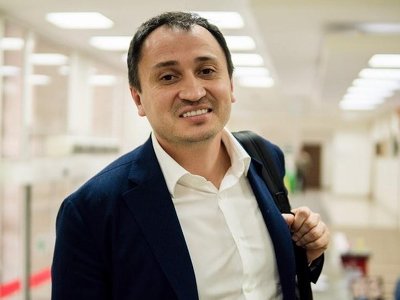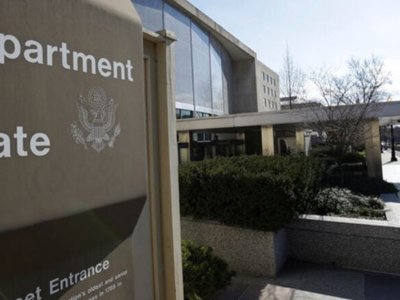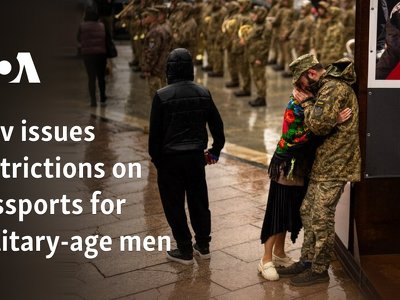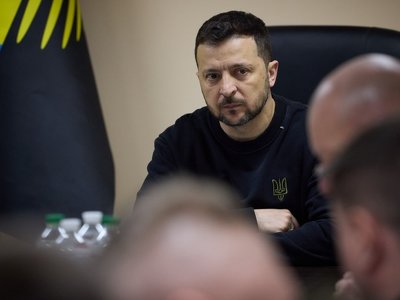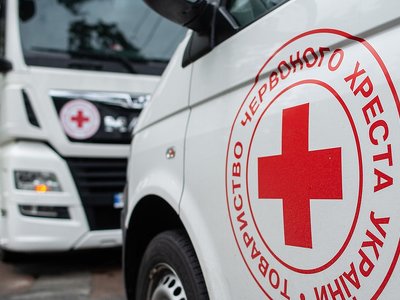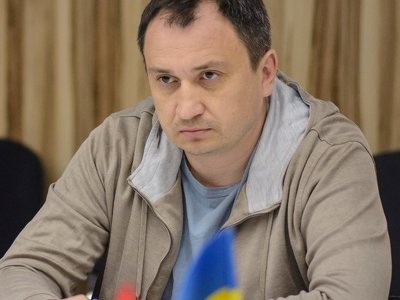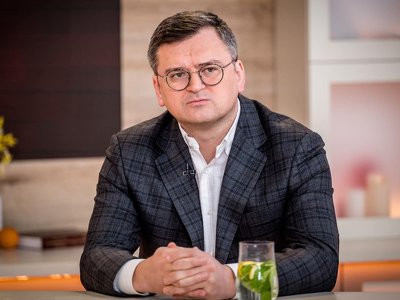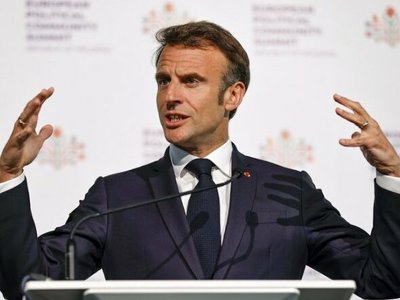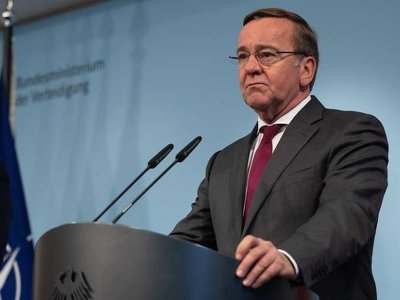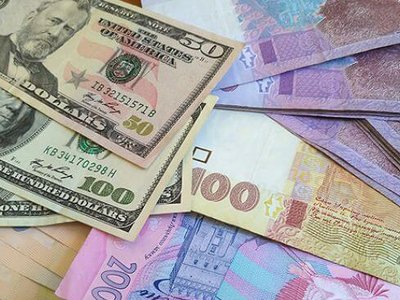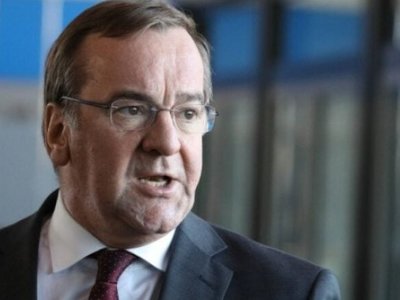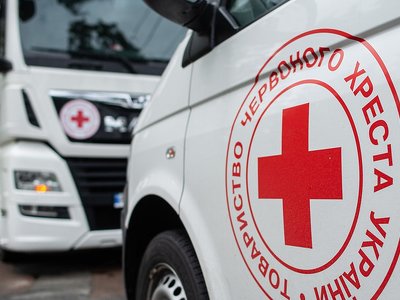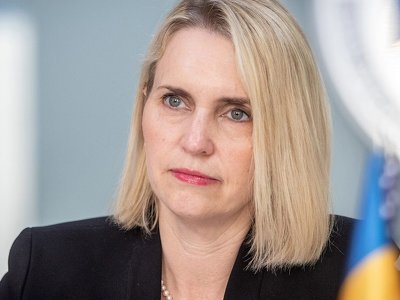Why Ukraine must decriminalise certain drugs – a MEP op-ed

One of the most important areas for Ukraine’s European integration is drug policy.
A state’s drug policy is about more than just drug use. It’s a litmus test for evaluating crime and law enforcement, healthcare systems, human rights violations and societal values.
The European Union is a common market where common rules should apply. Accordingly, Ukraine must harmonise its drug policy with European standards.
Read more about how Ukraine is moving in this direction and what it still needs to do in the op-ed by Vytenis Andriukaitis, Member of the European Parliament and a member of the EU's working group on the updated drug strategy: Why Ukraine should move away from Soviet-era practices and reform its drug policy.
The author emphasises that despite Russia’s aggression, Ukrainian society is showing global leadership in many fields.
"As a doctor, I admire your innovations in military medicine. And I see incredible enthusiasm and a desire for change in your drug policy," the MEP writes.
He points out that in some areas, Ukraine is already inspiring other countries. For instance, it has legalised medical cannabis, something even Lithuania has yet to do.
Ukraine is also showing the best growth in harm reduction programmes for drug use.
In 2023, for example, a probation system was introduced as an alternative to imprisonment. But this progress must not stop here, Andriukaitis insists.
As a member of the group working on the updated EU drug strategy, he stresses that Ukraine must accelerate its drug policy reform and avoid relying on outdated Soviet-era punitive approaches in 2025.
According to the author, the first step should be to decriminalise psychoactive substances for personal use. The World Health Organization, the UN Development Programme and the Commission on Drug Policy of Eastern, Central Europe and Central Asia have been calling for this for over a decade.
"You won’t get arrested for a pack of cigarettes on the street, but you can be arrested for milder drugs like LSD or marijuana. That’s a hypocritical approach, rooted in post-Soviet stigma common across the region, not in evidence-based science," the MEP notes.
He also argues that criminal punishment doesn’t cure addiction – on the contrary, it drags people deeper into criminal networks and worsens their situation.
"If someone uses drugs and isn’t harming others, we have no reason to bring them to court," says Vytenis Andriukaitis.
Instead, law enforcement should focus on organised crime – drug producers and traffickers.
Additionally, he says, Ukraine should raise the threshold amount for possession that triggers criminal responsibility.
He reminds us that, for comparison, in Czechia, the threshold for heroin is 1.5 grams, when in Ukraine, it’s only 0.005 grams.
The MEP argues this is the lowest threshold in Europe, and among the lowest in the world, which prevents effective identification of real threats.
"Drugs, make no mistake, are a threat – and an international one. Their production and distribution is often handled by international criminal networks. New methods of distribution cross borders just like new psychoactive substances and ideas."
That is why, he concludes, Ukraine must be part of the international community’s modern, collective drug control strategy.
- Last
- Top
- February, 05
-
-
-
-
- April, 28
-
-
-
-
-
-
- April, 27
-
-
-
-
-
-
-
-
-
News by day
11 of July 2025




